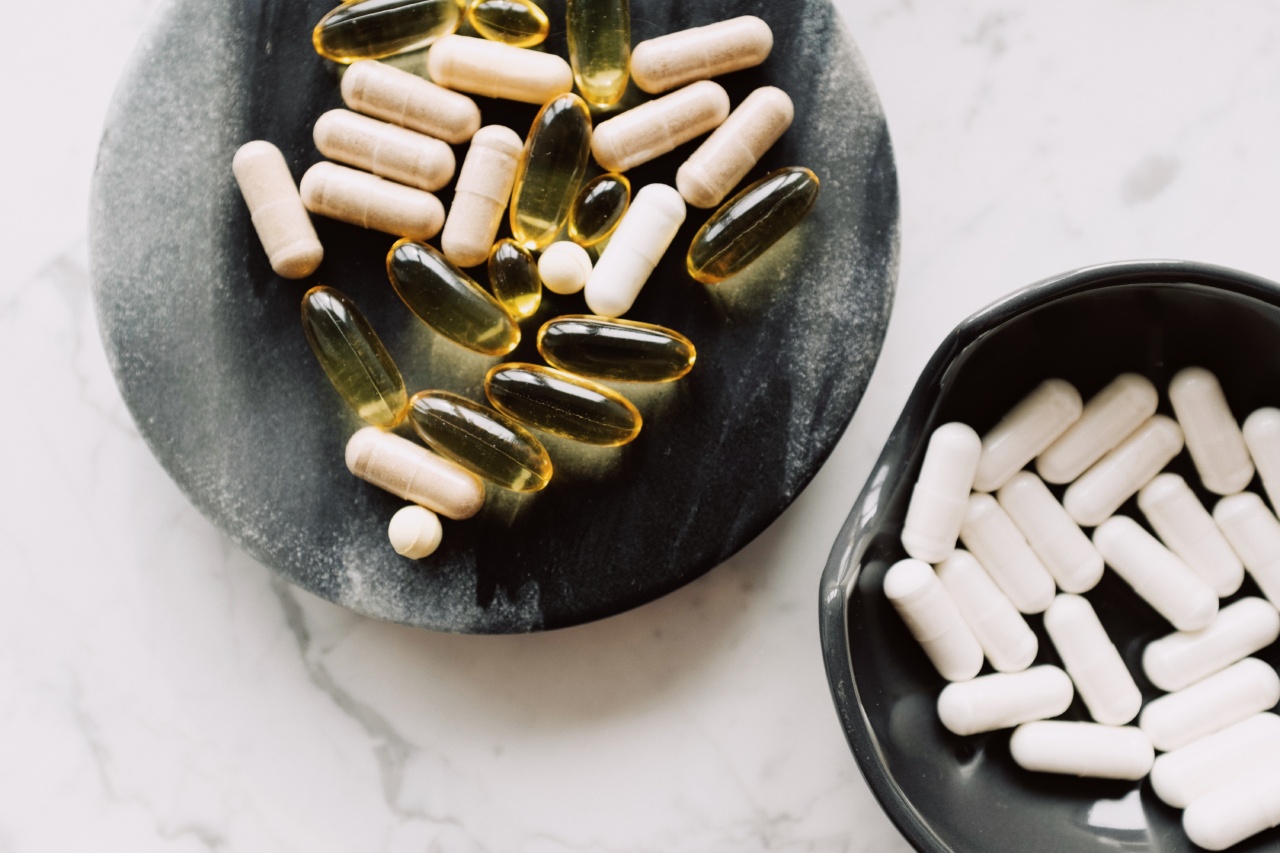Do you experience sudden chilliness and excessive perspiration that leave you feeling uncomfortable? These symptoms can be caused by a range of factors such as hormonal changes, medications, or underlying medical conditions such as diabetes or thyroid disorders. Fortunately, there are simple solutions you can try to relieve the discomfort. In this article, we’ll explore some of the easy solutions for relieving chilliness and perspiration.
Stay Hydrated
Drinking enough water is important for maintaining good health and also helps regulate body temperature. When your body is dehydrated, it can result in excessive sweating as your body attempts to regulate its temperature.
Drinking enough water can help prevent dehydration and reduce perspiration. Aim to drink at least 8 glasses of water per day and increase your intake if you are exercising or in hot weather.
Wear Breathable Clothing
The clothes you wear can also impact how much you sweat. Synthetic fabrics such as polyester can trap moisture and heat, leading to more perspiration.
Opt for clothing made from breathable fabrics such as cotton or linen, which allow air to circulate around your body and wick away moisture. Loose-fitting clothing can also help reduce perspiration by allowing for better airflow.
Manage Stress
Stress can be a major trigger for excessive perspiration. When you’re stressed, your body releases hormones such as adrenaline which can cause your sweat glands to become more active. Finding ways to manage stress can help reduce perspiration.
Try deep breathing exercises, meditation, or yoga to help relax and calm your mind. Exercise is also a great way to reduce stress and improve your overall health.
Use Antiperspirant
Antiperspirants are a type of deodorant that work by blocking sweat glands to reduce perspiration. They are particularly effective for treating excessive underarm sweating.
Look for antiperspirants that contain aluminum chloride, which is the active ingredient that helps reduce sweating. Apply antiperspirant to clean, dry skin before going to bed for best results.
Try Natural Remedies
There are also several natural remedies that can help reduce perspiration. Sage has been used for centuries as a natural remedy for excessive sweating. You can make a tea from sage leaves and drink it to help reduce perspiration.
Tea tree oil is another natural remedy that has antifungal and antibacterial properties that can help reduce sweat and fight odor. Apply a small amount of tea tree oil to your underarms or other sweaty areas using a cotton ball.
Avoid Triggers
If you experience sudden chilliness and perspiration, it may be caused by certain triggers such as spicy foods, caffeine, or alcohol. Keeping a journal of what you eat and drink can help you identify any triggers that may be causing your symptoms.
Try to avoid these triggers or limit your intake to see if it helps reduce your symptoms.
Monitor Medications
Some medications can cause sweating as a side effect. If you are experiencing sudden chilliness and perspiration, it’s important to talk to your doctor about any medications you are taking.
They may recommend an alternative medication or adjust your dosage to help reduce your symptoms.
See a Doctor
If you’ve tried the above remedies and still experience sudden chilliness and excessive perspiration, it’s important to see a doctor.
They can perform tests to determine if you have an underlying medical condition that may be causing your symptoms. Treatment for underlying conditions such as diabetes or thyroid disorders can help reduce your symptoms and improve your overall health.
Conclusion
Chilliness and perspiration can be uncomfortable and embarrassing, but there are several easy solutions you can try to reduce your symptoms.
Staying hydrated, wearing breathable clothing, managing stress, using antiperspirants, trying natural remedies, avoiding triggers, monitoring medications, and seeing a doctor are all effective ways to reduce chilliness and perspiration. Experiment with different remedies to find the ones that work best for you and remember to always speak with a doctor if you experience persistent or severe symptoms.






























